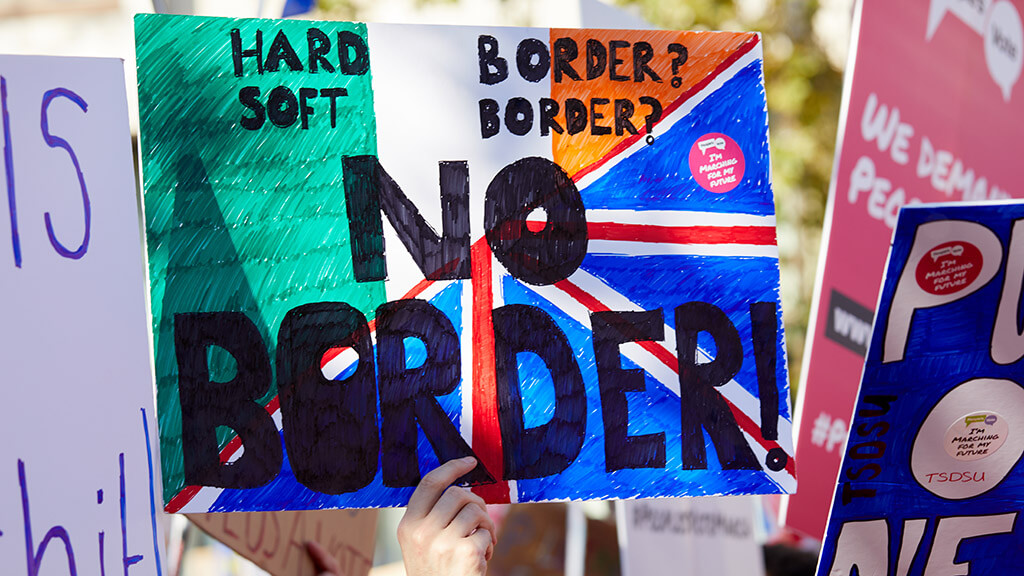An analysis of the latest Brexit developments shows that just beneath the surface of the mud… is more mud. BV’s Jason Agnew reports.
THE Eagles’ 1977 hit Hotel California ends with the line, “You can check out any time you like, but you can never leave.”
Fast-forward 41 years, and those words seem eerily apposite to the situation that the United Kingdom finds itself in regarding the imbroglio commonly known as Brexit.
This unfortunate portmanteau refers to the United Kingdom leaving the European Union, a feat no country has hitherto attempted
On November 25, 2018, the 28-member countries of the EU (or 27 plus the decamping UK) agreed in Brussels on what they described as “the best and only deal possible”, an interesting juxtaposition of adjectives given their incongruence.
The deal is that the UK will leave the EU on March 29, 2019 — but will play by the Union’s rules until December 31, 2020. If no agreement on border control had been made by then, Northern Ireland would remain inside the Customs Union in order to ensure a soft border with Eire in the hope of avoiding a return to the years of conflict.

Britain’s colonial past appears to be coming back to bite it on the backside as the Northern Ireland “backstop”: the British territory will maintain regulatory alignment with the EU, and the sovereignty of Gibraltar will not change. These are two factors that had threatened to scupper any deal.
European Commission president, Jean-Claude Juncker noted that “this is no time to open the champagne” and that “there are no smooth divorces”. All that, however, is yesterday’s business, and the deal now must be ratified by the UK parliament on December 12 – something which is unlikely to happen, and that opens another can of worms.
The Conservative Party’s “confidence and supply” agreement with the Democratic Unionist Party (DUP) in Northern Ireland, which has provided them with the slenderest of majorities in Westminster, is now under threat.
Across the Irish Sea, the ruling Scottish Nationalist Party objects to the status afforded Northern Ireland while Scotland – which voted 62 to 38 to remain – would be outside it. (Ironically, Scotland voted to remain part of the UK in 2014, largely because the EU bluntly announced that if the country left Britain, it could not stay in the EU.)
This is all so confusing that a new acronym has been invented, and Tory ministers are now appealing to BOBs (those who are Bored Of Brexit) to support the agreement – all the while denying them a second referendum.
The Labour leader, Jeremy Corbyn, has described the deal as “the worst of all worlds” and Tony Blair calls it a “dodo”. Boris Johnson claims the EU will have Britain “exactly where they want us” as “a vassal state”.
Whatever happens next is anybody’s guess, but it may well be that the vote to restore the UK’s sovereignty instead results in its break-up.




























